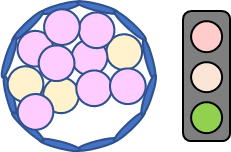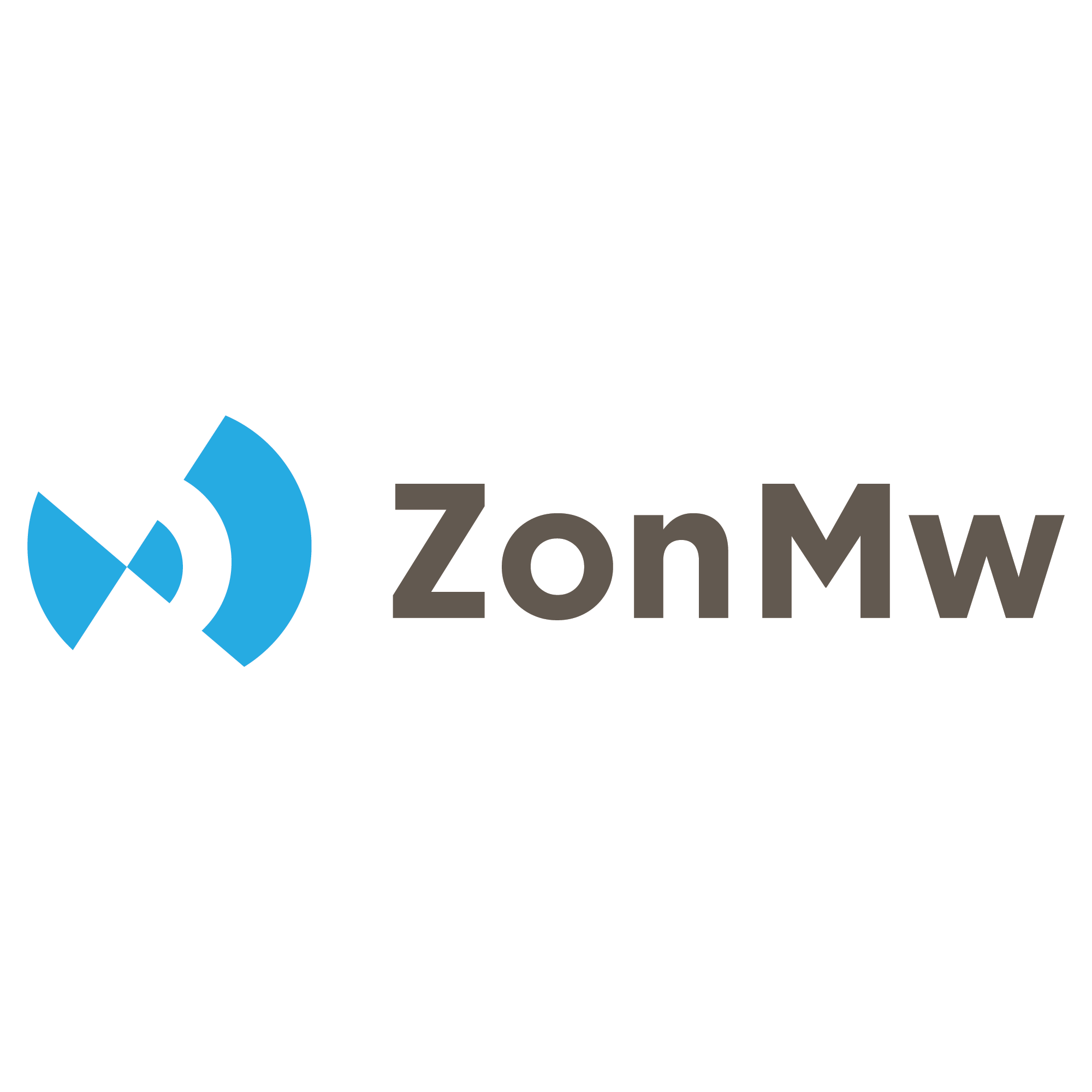Embryonic checkpoints - releasing the brakes on IVF

Project summary
Success rates for in vitro fertilisation (IVF) continue to hover around 25%, and almost 30% of pregnancies fail shortly after implantation. The high rate of early pregnancy loss is ascribed to chromosomal mosaicism, the presence in many embryos of cells with chromosomal abnormalities. While mosaicism declines during development and mosaic embryos can result in healthy births, it is associated with decreased pregnancy potential. How does chromosomal mosaicism influence development and what determines whether an embryo can compensate for this?
We and others have recently discovered interactions between the embryonic and extraembryonic tissues that impose controls and checkpoints that synchronize their development. We propose here to characterize the interactions between the extraembryonic and embryonic tissues in the pre- and peri-implantation embryo, establish their functions in embryonic progression to the post-implantation stage, and analyse the effects of chromosomal mosaicism on these regulatory interactions.
Blastoids—embryo models that we developed from stem cells— are ideally suited for these questions since they permit genetic and physical uncoupling of the different tissue types, can be generated with different degrees of chromosomal mosaicism and in large numbers, and can be used in high-content screens. These studies will provide insight into human pre- and early post-implantation development and into how the embryo compensates for chromosomal mosaicism. It will lead to a better understanding of implantation failure and new assays to improve embryo selection for IVF, and possibly to treatments that support the healthy in vitro development of (mosaic) IVF embryos, able to give rise to a healthy pregnancy.
Impact
Our proposed research will provide fundamental new insights into human peri-implantation embryo development and the impact of chromosomal abnormalities, and provide novel model systems for peri-implantation development amenable to high-throughput screening. We will apply these advances to improve IVF embryo culture, to better understand pregnancy loss, improve the selection of embryos able to sustain a healthy pregnancy, and even to methods to improve the healthy development of mosaic IVF embryos.
More detailed information
Principal Investigator:
Role Erasmus MC:
Coördinator
Department:
Project website:
Not available
Funding Agency:
ZonMw



